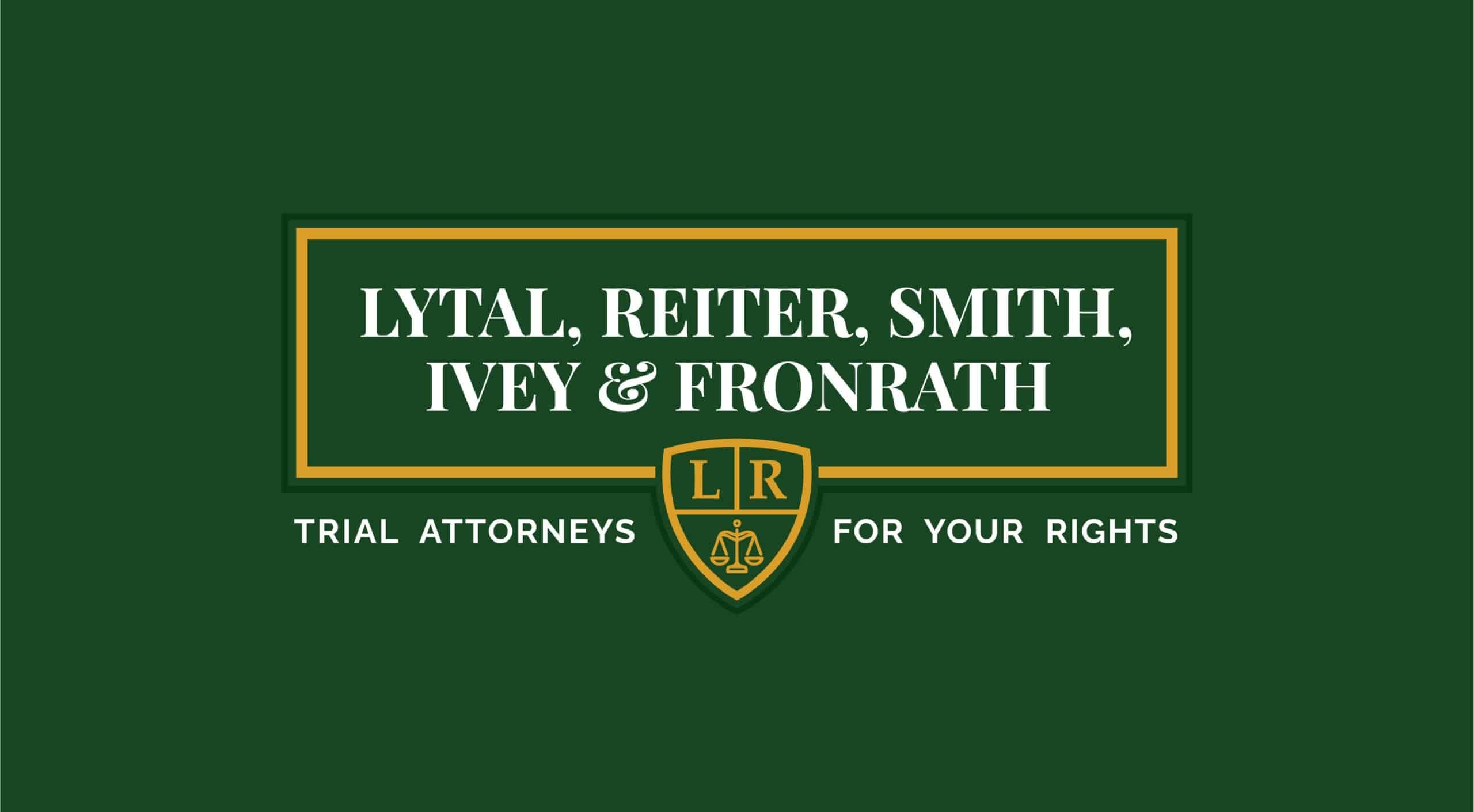Nausea has plagued pregnant women since the beginning of time. Often the first indication that a woman is pregnant, morning sickness can persist long past morning and cause serious distress for three months or longer. Until recently there was not much a pregnant woman could do to relieve the symptoms, other than the crackers and ginger ale home remedies. As medical miracles go, the introduction of Ondansetron, known by its commercial name Zofran, this was a big one. Women around the globe celebrated nausea-free pregnancies with oral delivery, 8 mg pills.
Then, in 2013 the FDA warned against the use of Zofran during pregnancy. Zofran was not originally marketed as a treatment for morning sickness, and the FDA did not approve its use for pregnant women. As a treatment for nausea, Zofran’s intended use was for chemotherapy and radiation patients who suffer from nausea and/or vomiting as the treatments attack the fast-growing cells in the stomach.
The discovery of Zofran’s anti-nausea properties was quickly heralded as a long sought-after miracle drug for pregnant women. Even in the wake of the FDA’s warning, doctors continued to prescribe Zofran for pregnant women in the United States, Canada and Europe.
Many of the women who took Zofran now report that their babies were born with specific birth defects, including:
- Respiratory illness due to poorly developed lungs;
- Inhibited fetal growth, low birth weight;
- Congenital cardiac malformations
- Cleft lip and palate
Adverse effects have also been reported in the mothers themselves, including Serotonin Syndrome, a disconcerting collection of cognitive and neuromuscular symptoms including confusion, agitation and instability.
While it remains unclear why doctors continue to prescribe Zofran to their pregnant patients, it is clear that all medications should be carefully considered before being administered to a pregnant woman.
If you believe you have been injured by an inappropriate medication, or if you have given birth to a baby with a birth defect, it is important that you speak to an attorney. At Lytal, Reiter, Smith, Ivey & Fronrath we want to protect consumers from dangerous drugs, medical practices and products. Let us help you get the compensation you deserve. Call our West Palm Beach office at 561-665-1990 or contact us online today.




